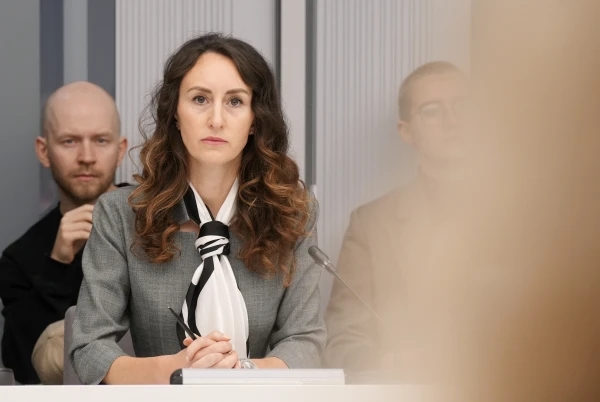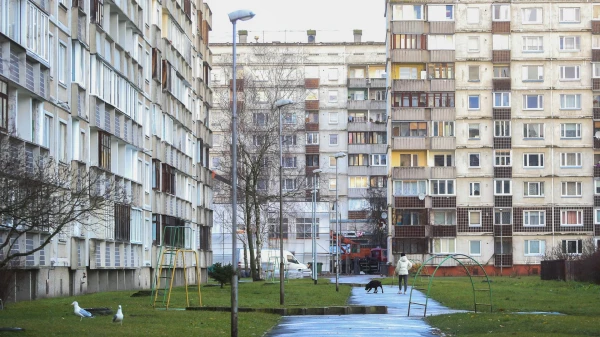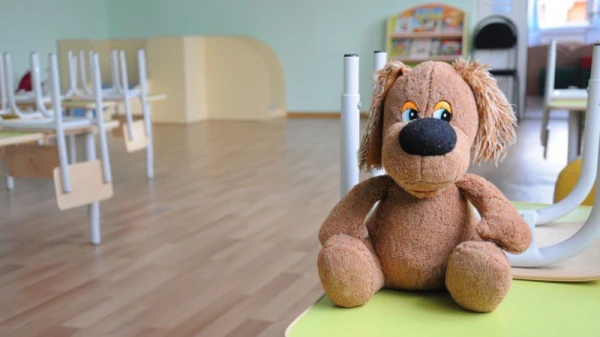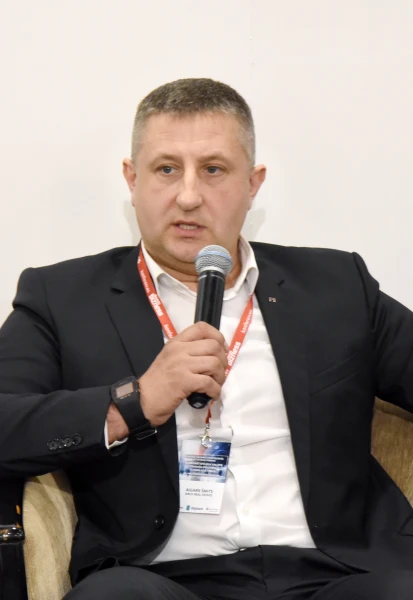
The institution of orphan courts is outdated, and it would be better if decisions about children's futures were made within the judicial system, said Ombudsman Karina Palkova in an interview with LETA, writes LETA.
She reported that the Ombudsman’s Bureau receives a lot of complaints specifically about violations of children's rights and the functioning of orphan courts, so the quality of the work of orphan courts will be one of the priority topics for the ombudsman next year.
Palkova stated that the complaints indicate that orphan courts are not objective, not independent, that the decisions are not justified and of poor quality, that the opinion of the mother is not taken into account, that the issue of alienation is not given attention, that orphan courts can be influenced, and that they do not delve into the essence of the problem.
“ I would say that the institution of orphan courts as such is outdated. In no other European country do orphan courts exist in the form that they do here. What bothers me the most is that decisions about a child's future are made by an institution that is outside the judicial system and whose work is largely determined by the understanding and priorities of local government leadership and politicians,” said Palkova.
She expressed the opinion that the requirements for orphan court workers are too low, and now the Saeima plans to lower them even further – specifically, not to introduce a certification system for orphan court workers and to leave professional assessment to the discretion of each local government.
The ombudsman emphasized that cases concerning children's rights are always interdisciplinary and require both legal knowledge and an understanding of child psychology, social protection, violence prevention, and crisis management.
“In an ideal situation, orphan courts should be reorganized, and decisions about children's futures should be made within the judicial system by people with the appropriate education, maturity, and, of course, independence,” emphasized Palkova.
Currently, the Saeima is considering amendments to the Law on Orphan Courts, which propose to abandon the Qualification Commission of orphan courts and the certification of orphan court workers. The Ombudsman’s Bureau has submitted proposals indicating that the existing mechanism for evaluating orphan court officials in local governments does not replace the goals set for the Qualification Commission and the goals of certifying orphan court workers – evaluating professional activities and the system for assessing the content of further training programs and their outcomes. Therefore, the Ombudsman’s Bureau calls on the Saeima to determine which mechanism for evaluating the professional activities of orphan court workers would be most appropriate for protecting and ensuring the rights and interests of the child.
The Ombudsman’s Bureau also calls for the Law on Orphan Courts to stipulate that individuals who have previously been removed from the duties of a guardian due to improper performance or who have been deprived of the status of a foster family, specialized foster family, or guest family cannot work in the orphan court, as their duties were not performed in accordance with the interests of the child, and other proposals have also been submitted.














Leave a comment